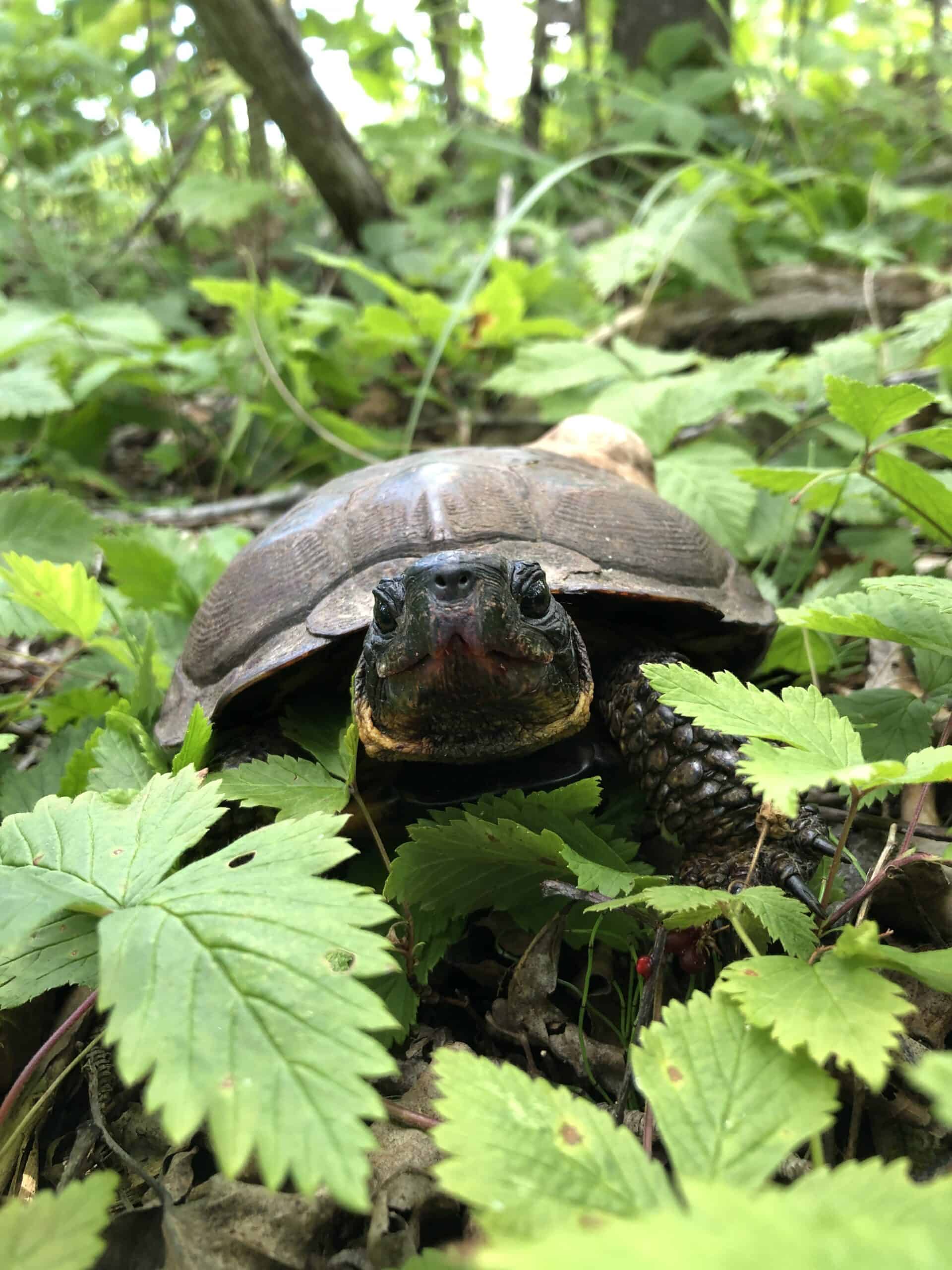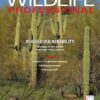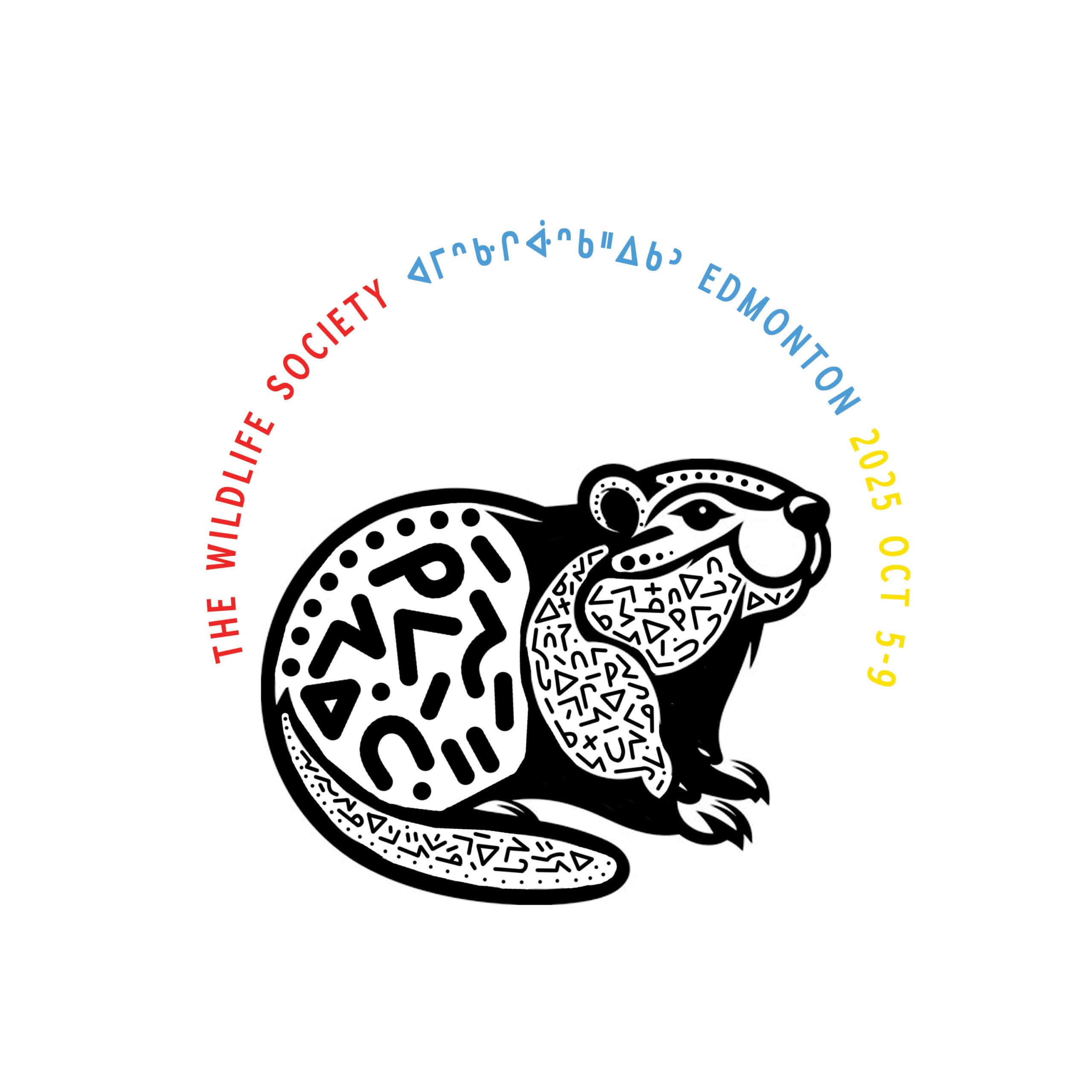
©Trish Brockman
MEET OUR NEWLY ELECTED BOARD MEMBERS:
CHAIR
Matt Ihnken
I am a Certified Wildlife Biologist® with 21 years of leadership in biodiversity conservation, federal and private land management, endangered species protection, and multi-stakeholder collaboration. I have experience driving organizational strategy, federal policy initiatives, and landscape-scale conservation efforts, and I am committed to advancing ecological integrity and justice through working with diverse partnerships.
CHAIR ELECT
Melissa Starking: Conservation Data Manager, TCI
I am a Ph.D. candidate in the Applied Forest and Wildlife Ecology Lab at Michigan State University. I teach wildlife biology and forest ecology at the University of Michigan-Flint and am an active member in The Wildlife Society. I work as a Conservation Consultant on multiple state and regional projects. Previously, I attended the University of Michigan-Flint where I completed my B.S. in Wildlife Biology, earned a Certificate in Geographic Information Systems, and my M.S. in Biology. Since beginning my Ph.D. at Michigan State University, I have completed graduate certificates in College Teaching and Spatial Ecology. My research experience has focused on a variety of areas including modeling invasive sea lamprey, thermoregulation and habitat use of headstarted Blanding’s turtles, and currently wildlife responses to a variety of silviculture in northern hardwood forests across Michigan.
I hope to continue to help the working group become more involved with it’s members, support workshops, and symposia. I think the working group plays a vital role to connect wildlifers and foresters.
PAST CHAIR
Bill Vogel
SECRETARY
Andy Crosby: Coordinator, Alberta Biodiversity Conservation Program, University of Alberta
I have a broad background in both wildlife and forest ecology and management, and have been doing forestry related wildlife research for the past 12 years. The main goal of my research is to provide scientifically-based information to improve our understanding and decision-making regarding the interface between forest management and wildlife conservation. I have served on the board of the Forestry and Wildlife Working Group for the past 4 years, and I am excited to continue my service as Secretary.
I see the Forestry and Wildlife Working Group as a repository and disseminator of information about the interface between forest and wildlife management. Our mission should include bringing wildlife and forestry professionals together to educate each other about the principles and practices of our respective disciplines, as well as serve as a catalyst for new ideas and collaborations. I think communication is the key to bringing this about, and as such would be focused on making sure that group members are kept up-to-date on the working group activities, and have access to a broad range of information about wildlife and forest management.
TREASURER
Angela Larsen-Gray: Forest Wildlife Ecologist, NCASI
In the past 15 years, I’ve appreciated opportunities to research wildlife in forest systems throughout the eastern U.S. My master’s research focused on rodent response to oak savanna restoration in a national forest, and my PhD research focused on rodent response to forest management in private, working forests. Currently, I am a forest wildlife ecologist with the National Council for Air and Stream Improvement, Inc. I manage wildlife projects throughout eastern private, working forests. I’ve organized symposiums and workshops to educate wildlifers about forestry at The Wildlife Society and Society of American Foresters Annual Conferences.
My vision for this working group is for it to become more active and engaged with its membership. It would be great to see more communication from the members toward the board and across members. We have a wonderful group of members who are all experts in their respective areas. It would be amazing to see more of that expertise shared and collaborative relationships formed. I think this working group can provide the necessary connections among its members.
Kyle Pritchard: Threatened and Endangered Species Biologist, U.S. Forest Service
I have been working in partnership with research institutions and Federal regulatory agencies (FWS, NMFS) to manage threatened and endangered wildlife species on public lands for over a decade.
The working group builds on past successes, shares the lessons learned from past failures, and fosters creative approaches to problem solving, while empowering biologists to develop projects and plans that will ‘move the needle’ on wildlife conservation and forest restoration.
Joseph Roy: Private Lands Wildlife Biologist, Maine Department of Inland Fisheries and Wildlife
I am the Private Lands Wildlife Biologist for the Maine Department of Inland Fisheries and Wildlife. Maine is 89% forested and 94% privately owned. The overwhelming majority of the work that I do is in forested habitats. I work with landowners with ownerships varying form less than 1 acre to 1million+. I am the immediate Past-president of the Maine Chapter of The Wildlife Society, and have been an active member of the Forestry and Wildlife working Group for over 3 years.
My goal is to support the fantastic work that the working group has been doing over the past few years. If given the opportunity to serve in this role, I would be sure to prioritize the mission of the working group and bring my perspective to the board. I think the outreach and education opportunities that the board have supported have been extremely informative and relevant. If possible, I would work to help support additional field visits or workshops at the national TWS conference like the one planned for the Spokane in 2022. I would greatly appreciate the opportunity to bring a Maine perspective to the board!
We are always looking for interesting content in the world of forestry and wildlife to post on our Facebook page and share with members. If you have suggestions for content, please email them to tws.fwwg@gmail.com.
Become a member
Membership is available to all current TWS members. You may join our Working Group by logging in to your TWS account.


